To walk through the ruined cities of Germany is to feel an actual doubt about the continuity of civilization

To walk through the ruined cities of Germany is to feel an actual doubt about the continuity of civilization
George Orwell, a renowned writer and social critic, visited Germany in the aftermath of World War II and witnessed firsthand the devastation caused by the war. In his essay "The Lion and the Unicorn: Socialism and the English Genius," Orwell reflects on the impact of the war on Germany and the doubts it raises about the continuity of civilization.The quote "To walk through the ruined cities of Germany is to feel an actual doubt about the continuity of civilization" encapsulates Orwell's profound sense of despair and disillusionment with the state of the world in the aftermath of the war. The destruction of cities like Berlin and Dresden, once vibrant centers of culture and civilization, left a lasting impression on Orwell and forced him to confront the fragility of human progress.
Orwell's experience in Germany also shaped his views on the nature of power and the dangers of totalitarianism. The rise of the Nazi regime and its brutal reign of terror had a profound impact on Orwell, who saw firsthand the consequences of unchecked power and the erosion of democratic values. The ruins of Germany served as a stark reminder of the dangers of authoritarianism and the need to safeguard the principles of freedom and democracy.

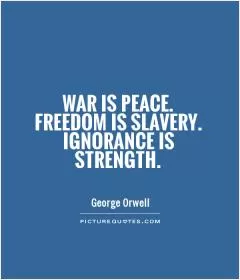




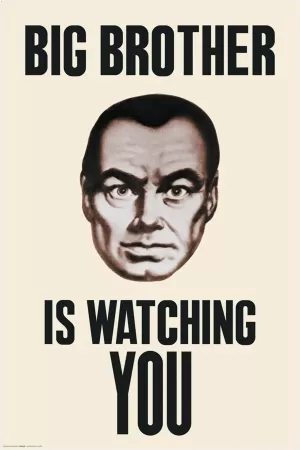
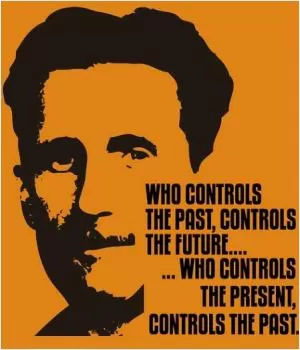
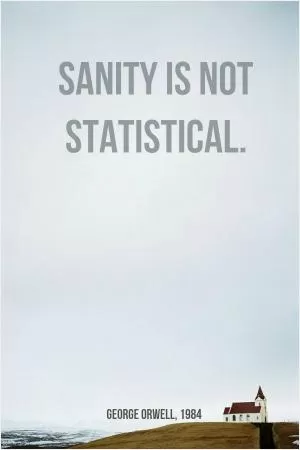

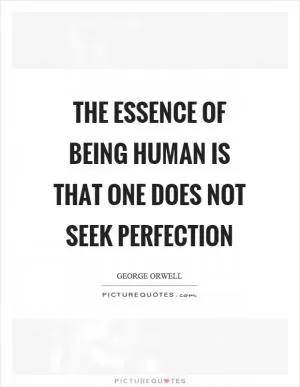

 Friendship Quotes
Friendship Quotes Love Quotes
Love Quotes Life Quotes
Life Quotes Funny Quotes
Funny Quotes Motivational Quotes
Motivational Quotes Inspirational Quotes
Inspirational Quotes